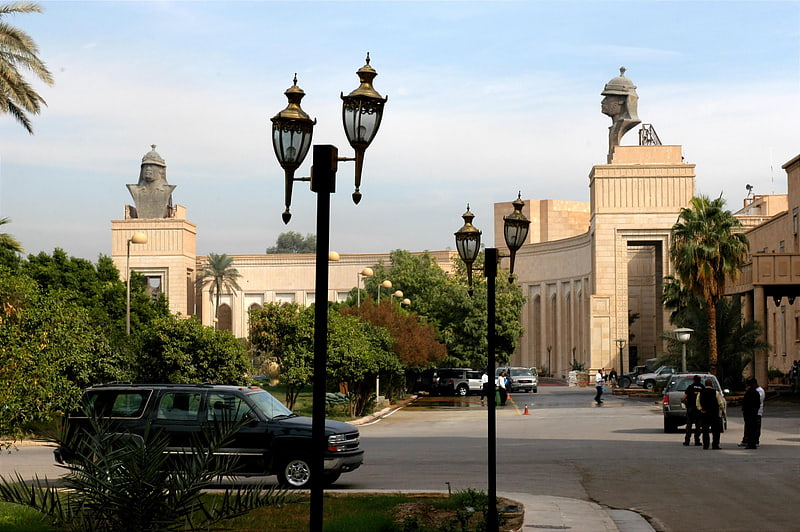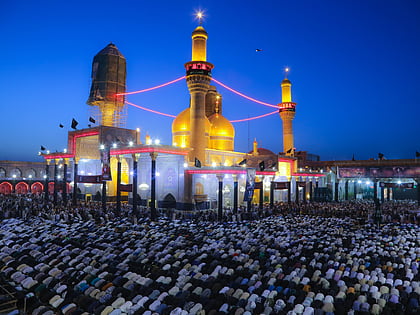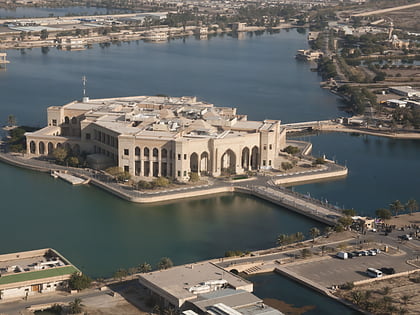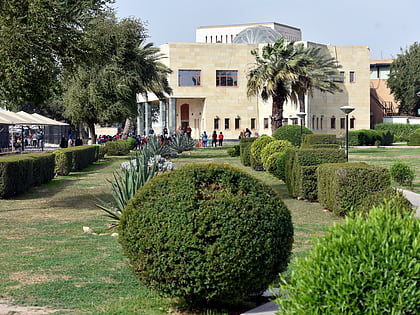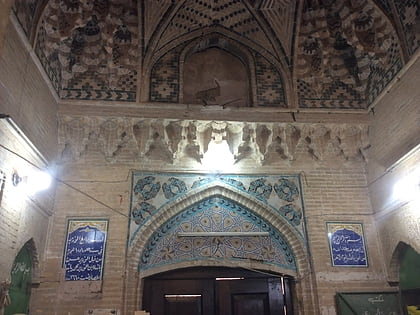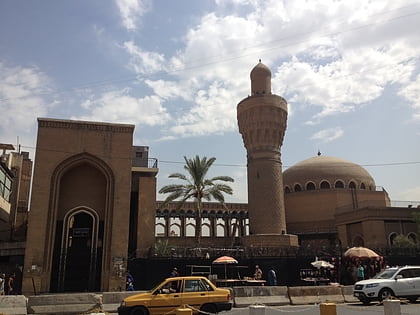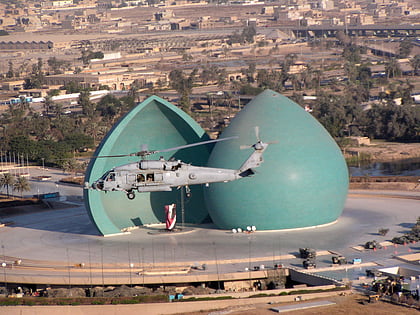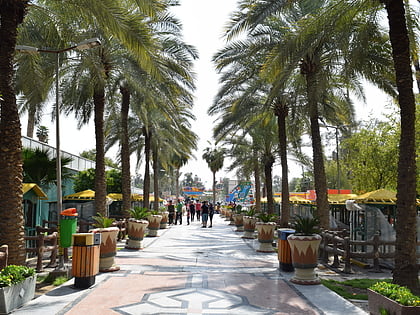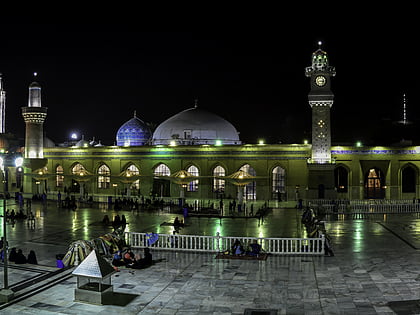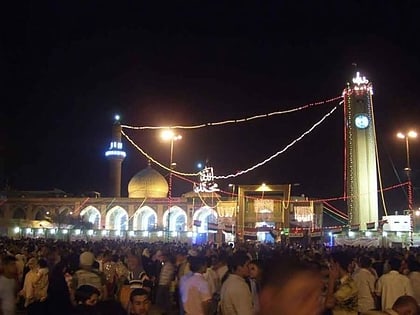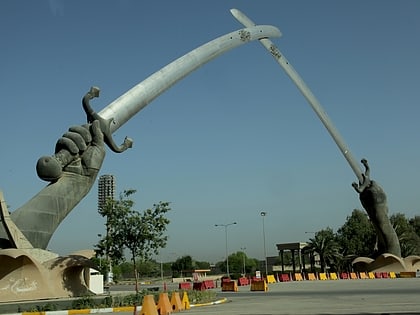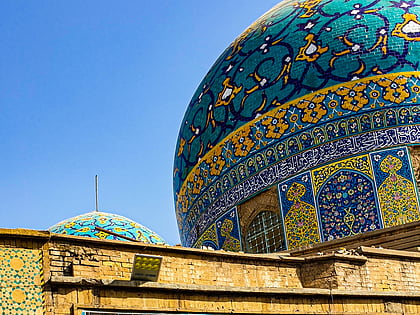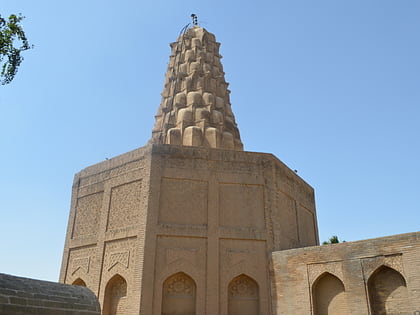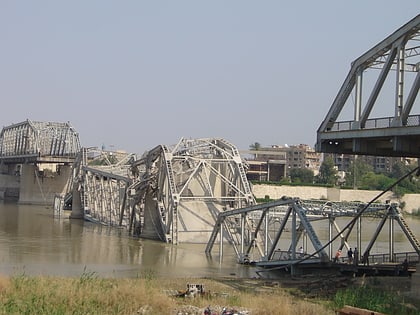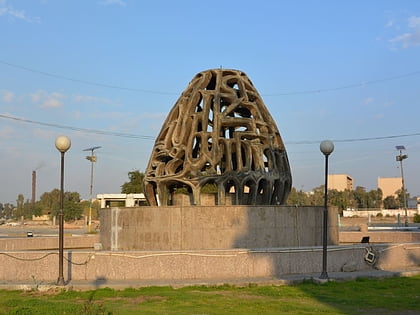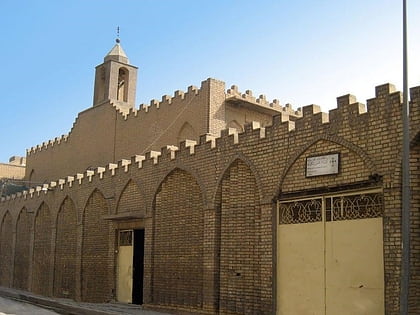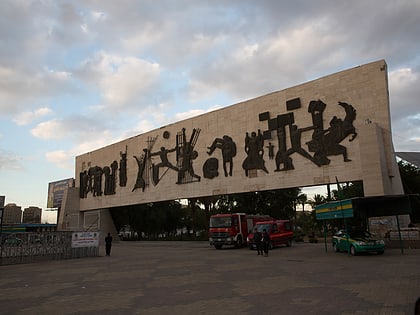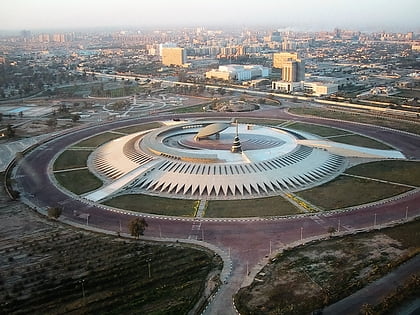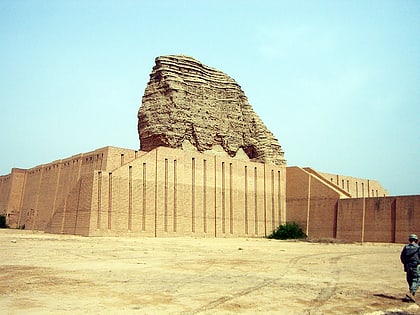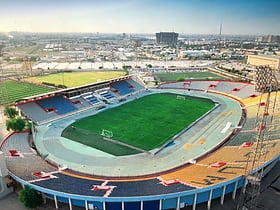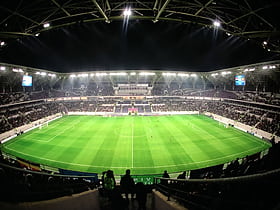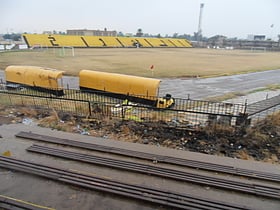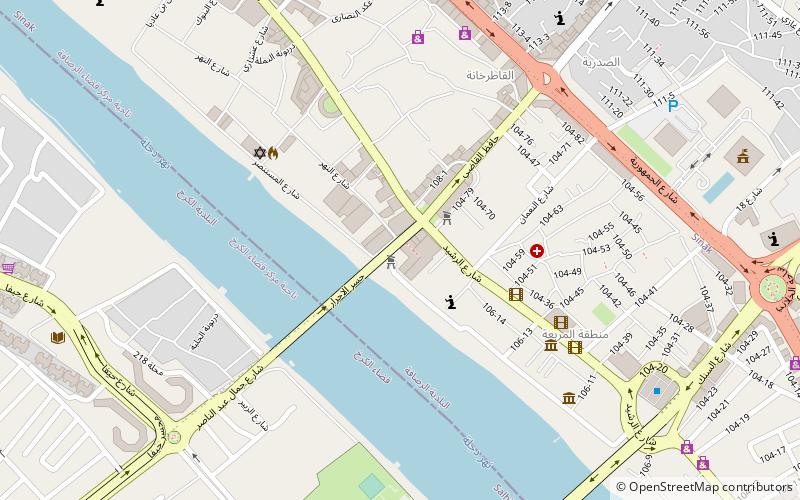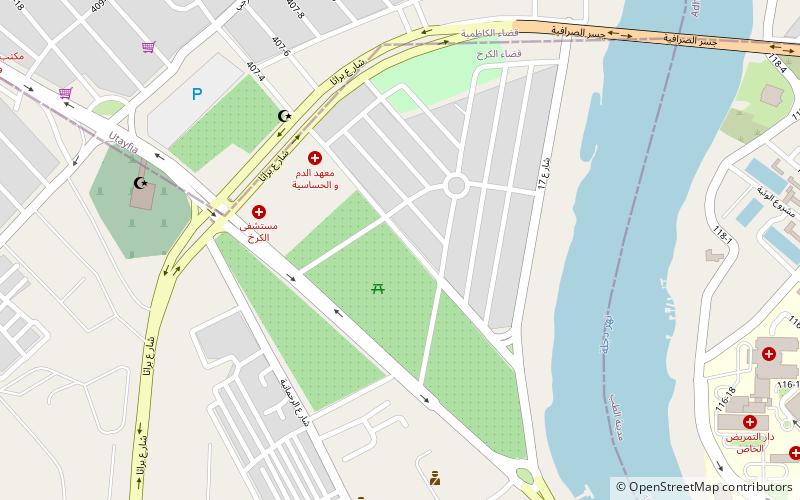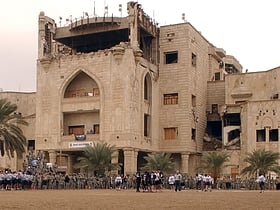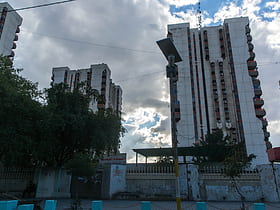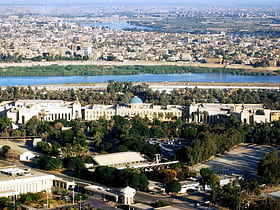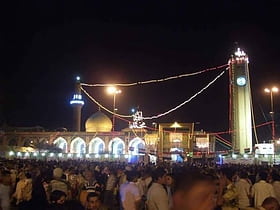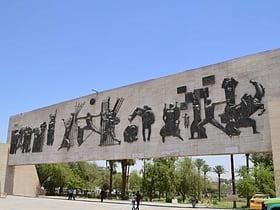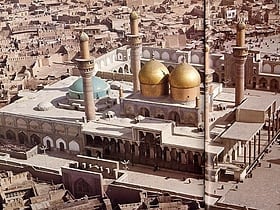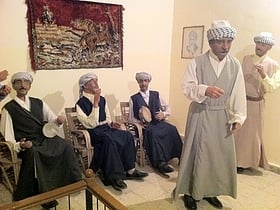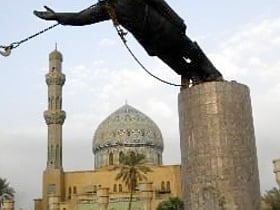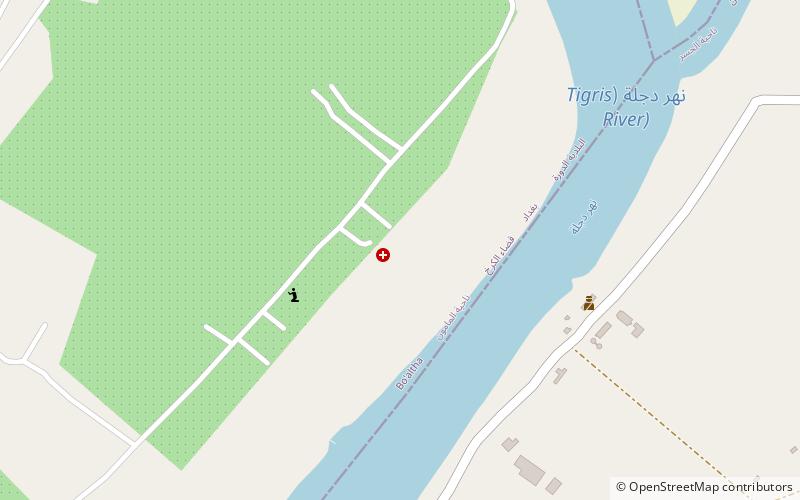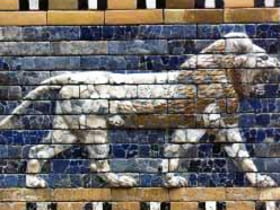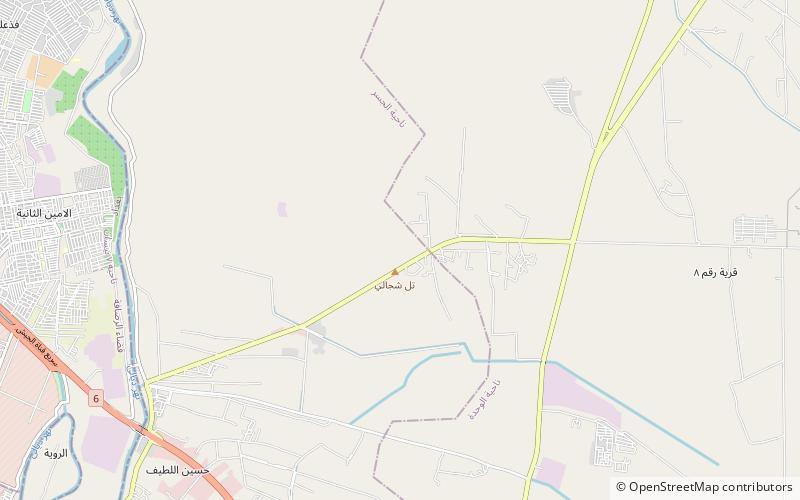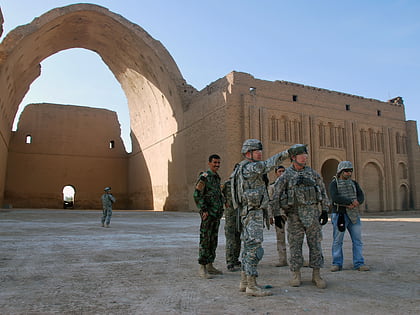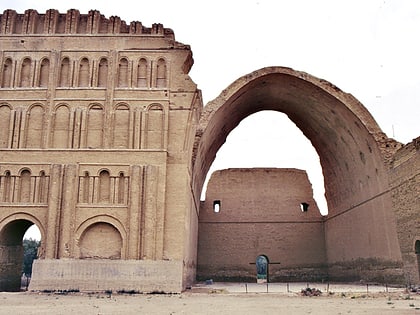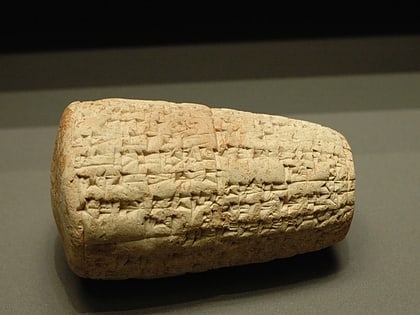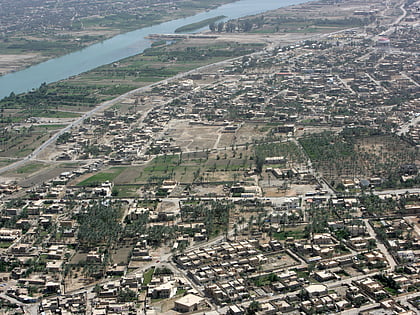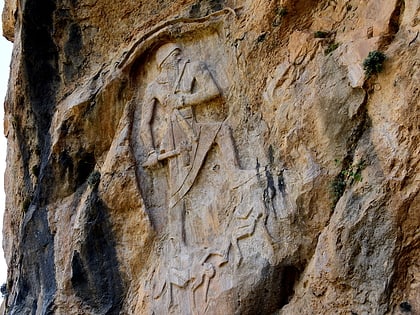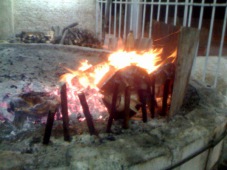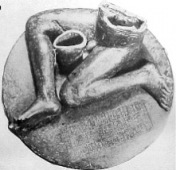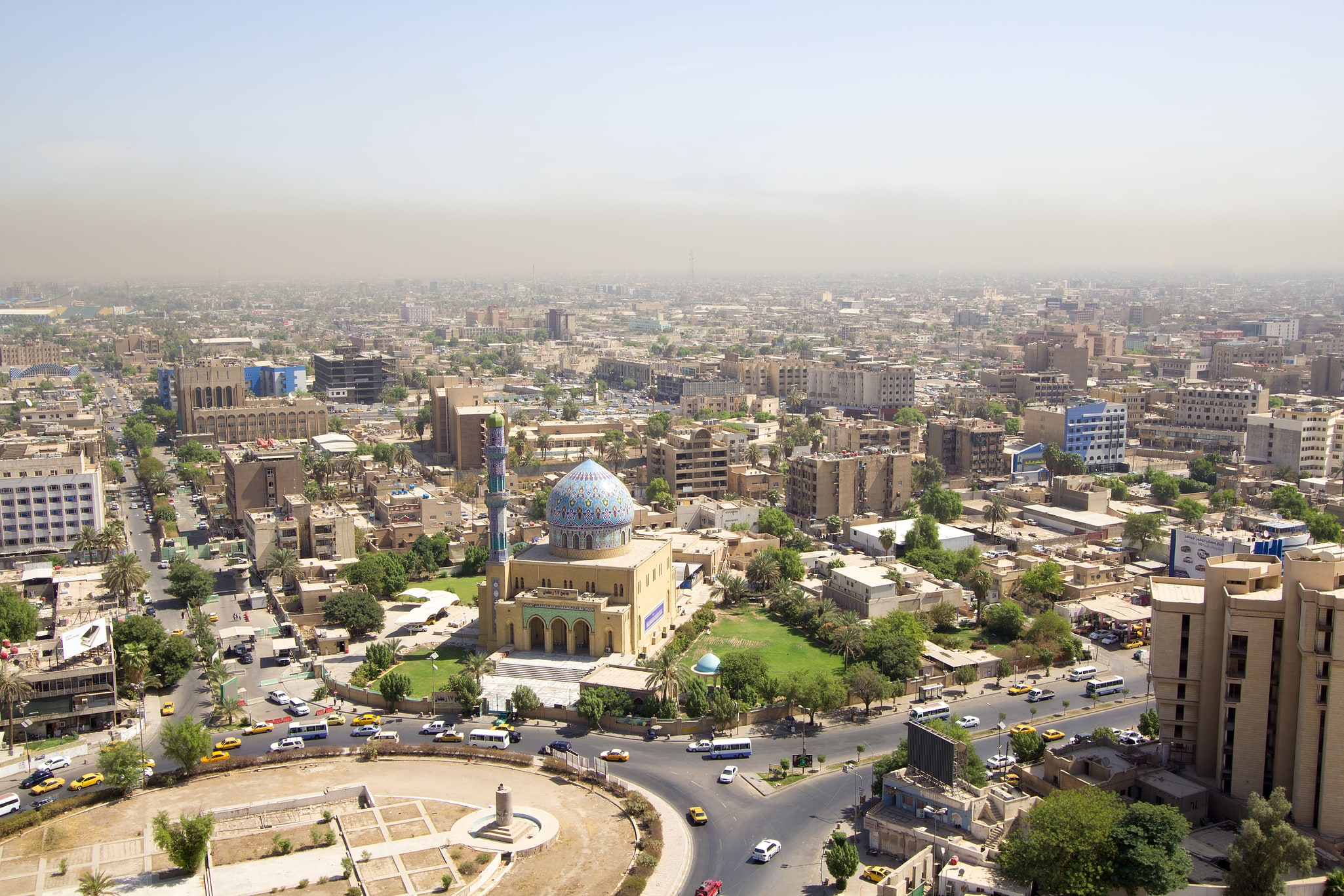
Baghdad Travel Guide
| Due to the unstable situation and very high level of general risk, traveling to Iraq may be dangerous. Read more |
Facts and practical information
Baghdad, the capital city of Iraq, stands as a testament to the enduring spirit of Mesopotamian culture and the complex history of the Middle East. Despite challenges, Baghdad continues to be a hub of academic, cultural, and economic activity in the region.
The city, founded in the 8th century, was once the heart of the Islamic Golden Age, a center of science, philosophy, medicine, and education. The historic round city plan, though no longer discernible due to modern urban expansion, set the stage for what would become one of the largest cities of its time.
Today, visitors to Baghdad can explore the remnants of its storied past through various historical sites. The National Museum of Iraq is a treasure trove of artifacts, chronicling the civilizations that have risen and fallen in this fertile land. The museum's extensive collection offers a profound insight into the country's ancient heritage.
Al-Mutanabbi Street is another cultural landmark, known for its bustling book market. Named after the famous Arab poet, this area comes alive with intellectuals, students, and tourists, especially on Fridays. The street also commemorates the city's resilience, having been rebuilt after a devastating bombing in 2007.
The Al-Kadhimiya Mosque is one of the most important religious sites in Baghdad, attracting pilgrims from all over the Shia Muslim world. The mosque is a stunning example of Islamic architecture, with its grand golden dome and minarets that pierce the city's skyline.
Despite the beauty of these sites, it is essential to acknowledge that Baghdad has faced significant turmoil in recent decades. However, the city is undergoing a process of rebuilding and revitalization, with efforts to restore its infrastructure and heritage sites, aiming to reclaim its place as a cultural and historical beacon in the Middle East.
Baghdad's cuisine also reflects its diverse cultural influences, with traditional dishes such as masgouf, a seasoned grilled fish, and tashreeb, a savory lamb and vegetable stew. The city's food markets are a sensory delight, offering a variety of spices, dates, and other local produce.
The Tigris River remains Baghdad's lifeblood, winding through the city and providing both a source of sustenance and a serene escape from urban life. Parks and green spaces along the riverbanks are popular spots for family picnics and leisurely strolls, demonstrating the city's continued appreciation for natural beauty amidst its urban landscape.
Baghdad Attractions - What to See and Explore
Baghdad offers many attractions and places to visit. Here are the most important ones: Republican Palace, Al-Kadhimiya Mosque, Al-Faw Palace, Iraq Museum. Below you will find a complete list of places worth visiting.
Things to See and Do in Baghdad by Category
Sights, interesting and unusual places and attractions valued by most tourists. See the list of places to visit in Baghdad.
Active
Mosque
Palace
Neighbourhood
Museum
Memorial
Archaeological site
Other categories
Universities and schoolsBaghdad – popular in the area (distance from the center)
In the vicinity of Baghdad, it's worth seeing attractions such as: Ctesiphon, Taq Kasra, Sippar.
Best Time To Visit Baghdad
Learn when is the best time to travel to Baghdad weather-wise and what to expect in each season.
Best Ways to Experience Baghdad
Food & drink
CuisineA guide to some of the best local dishes and drinks that you will meet in the region.
Art works & crafts
ArtFamous works of special cultural and artistic value related to this location.
